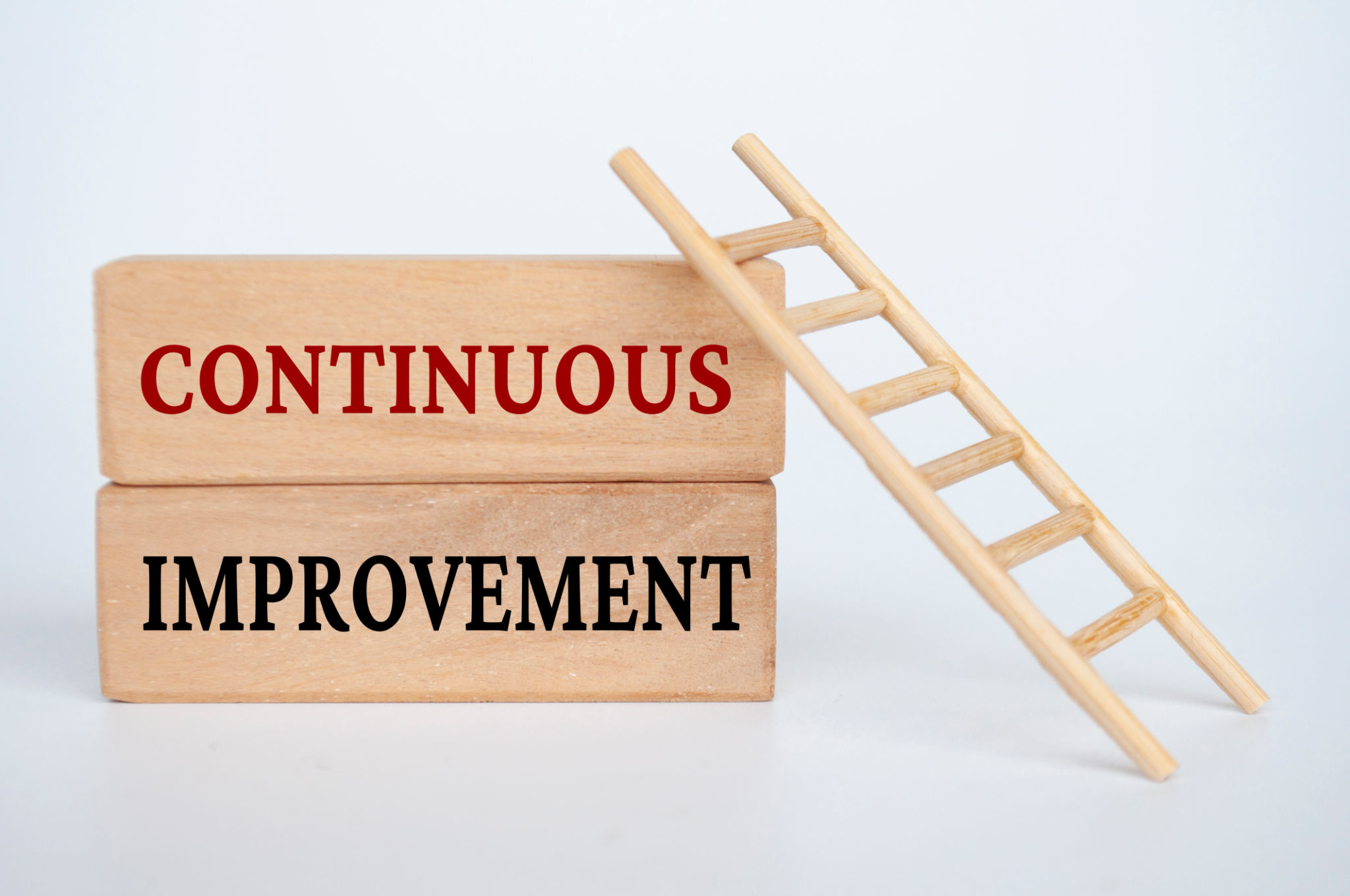Why Orthopaedic Experience Surveys Matter: Insights from the UK Market
The Importance of Patient Feedback in Orthopaedics
In the fast-evolving field of orthopaedics, where patient care and treatment outcomes are paramount, understanding patient experiences has become crucial. Orthopaedic experience surveys serve as a vital tool to gather insights into patient satisfaction and areas for improvement. These surveys are not just about collecting feedback; they are about creating a patient-centered approach that aligns with the expectations and needs of those receiving care.
In the UK, where healthcare standards are rigorously maintained, these surveys offer a window into the effectiveness of services and patient perceptions. By analyzing feedback, healthcare providers can make informed decisions that enhance the quality of care and patient satisfaction.

Why Surveys Matter in Orthopaedic Practices
Orthopaedic experience surveys matter because they provide direct insight into the patient's journey, from initial consultation to post-operative care. This information is invaluable for identifying strengths and weaknesses within a practice. For instance, if feedback indicates long waiting times or lack of communication, practices can implement changes to address these issues promptly.
Moreover, these surveys play a significant role in fostering trust between patients and healthcare providers. When patients see their feedback leading to tangible improvements, it enhances their confidence in the healthcare system and encourages ongoing engagement.

The Role of Technology in Gathering Feedback
With advancements in technology, gathering patient feedback has become more streamlined and efficient. Digital surveys allow for quick collection and analysis of data, enabling healthcare providers to make timely adjustments. In the UK market, many orthopaedic practices have adopted electronic health records (EHR) systems that integrate patient feedback modules.
These systems not only facilitate the easy distribution of surveys but also help in maintaining comprehensive records of patient interactions. The integration of technology ensures that patient feedback is not lost in paperwork but is actively used to drive improvements.

Impact on Quality of Care
Incorporating patient feedback into practice leads to enhanced quality of care. By addressing specific concerns raised by patients, orthopaedic practices can tailor their services to better meet patient needs. This proactive approach results in higher patient satisfaction scores and improved outcomes.
For example, if a survey highlights discomfort during physical therapy sessions, practices can revisit their therapy protocols to ensure they are aligned with the latest standards and patient expectations.
Building a Culture of Continuous Improvement
Orthopaedic experience surveys are not a one-time effort but part of a continuous process aimed at improving patient care. Establishing a culture of continuous improvement requires regular feedback collection and an organizational commitment to act on that feedback.
When practices consistently demonstrate their willingness to adapt based on patient input, it not only enhances the patient experience but also contributes to the professional development of the healthcare team.

Conclusion: The Future of Patient Experience Surveys
The future of orthopaedic experience surveys in the UK looks promising, as more practices recognize their value in enhancing patient care. By leveraging technology and fostering a culture focused on continuous improvement, healthcare providers can ensure they remain responsive to patient needs.
Ultimately, these surveys serve as a bridge between patients and providers, promoting transparency, trust, and a shared commitment to achieving the best possible outcomes in orthopaedic care.
